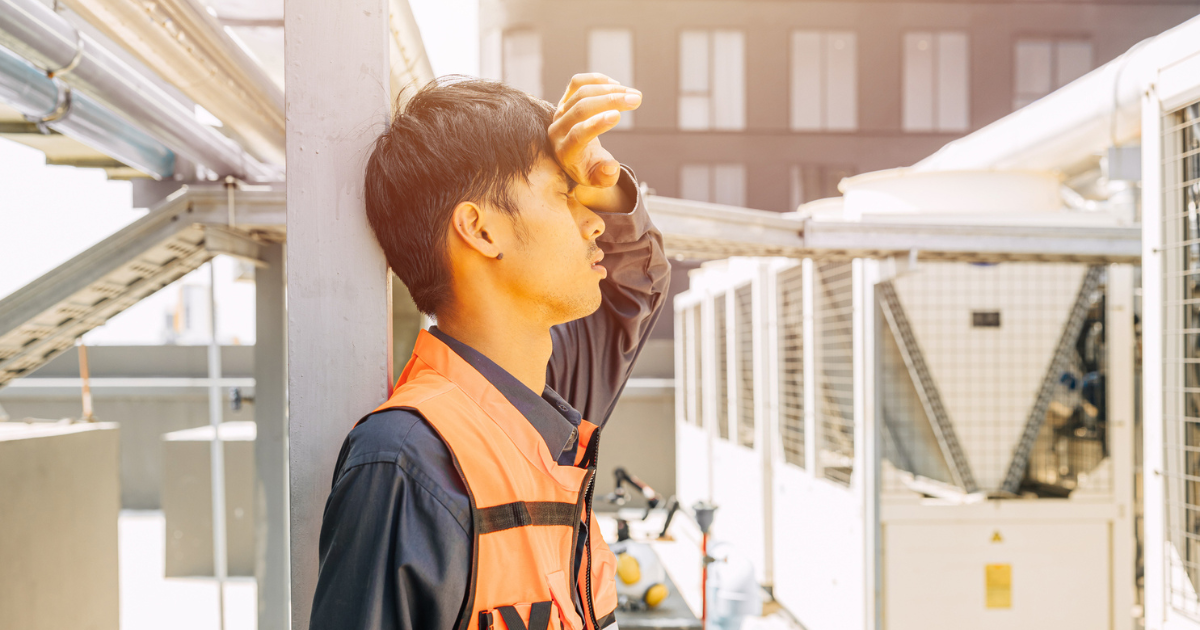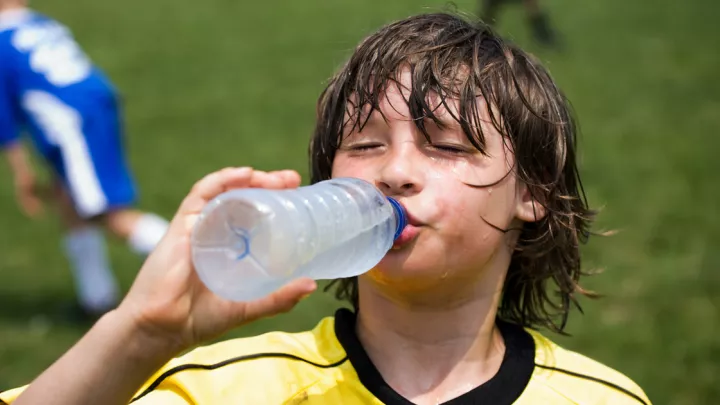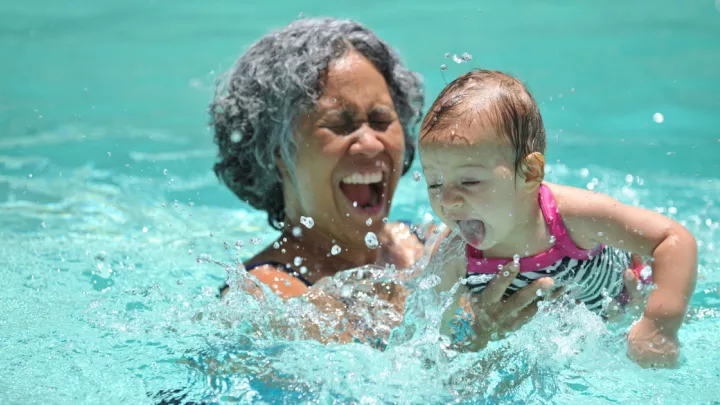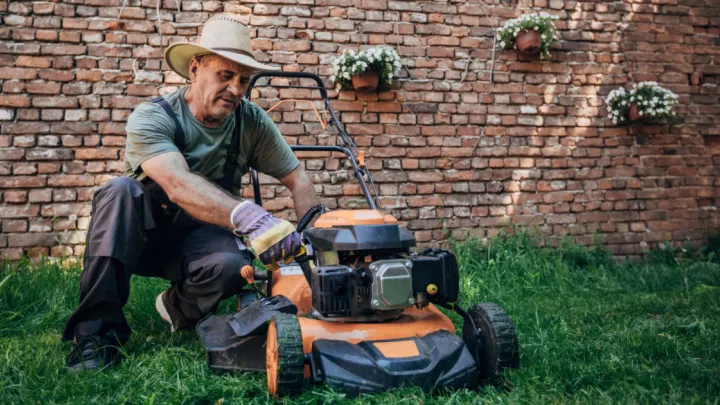How does excessive heat affect the body?

Excessive heat is one of the most common causes of summer injuries. When we’re outside in higher temperatures, especially if we’re exercising, it’s more difficult for our body to rid itself of natural body heat.
“In general, we get concerned about excessive heat when outside temperatures climb higher than our normal body temperature (98.6° F),” says certified physician assistant Chloe Condrey, PA-C. “In high temperatures, we can’t regulate excess body heat as efficiently. High humidity can make lower temperatures more dangerous.”
What parts of our body regulate temperature?
Our bodies have several ways to cool down. The hypothalamus helps regulate your body temperature. Blood flow is increased to the skin, making it possible to radiate or transfer the heat out of our body. When we sweat, evaporation from the moisture on our skin also helps us cool down.
“Our body’s natural cooling methods become more difficult in excessive heat,” explains Condrey. “We're not able to sweat as well, and we’re not able to transfer that heat anywhere because the environment is too warm.”
Fortunately, heat-related injuries are preventable and treatable. On hot days, limit your time in the sun. Drink plenty of water before, during and after your time outdoors. And act quickly if you notice any of the following symptoms.
Symptoms of heat exhaustion:
- Heavy sweating
- Weakness
- Feeling faint or dizzy
- Rapid pulse
- Low blood pressure
- Nausea
- Low-grade fever
- Headache
- Dark urine
If you experience any of the symptoms above, move out of the sun and into an air-conditioned room if possible. Drink cool water or sports drinks. Remove tight layers of clothing and rest. If your symptoms don’t resolve, seek immediate medical attention.
How do you treat heat exhaustion?
- First, do whatever you can to cool your body down. Get into an air-conditioned room or vehicle if possible. Remove excess clothes and use ice packs or cool blankets. Stop exercising or exerting yourself, whether that be sitting down or laying down.
- Drink cool water. Electrolyzed drinks can be helpful, but make sure to pair them with water. You can further dehydrate yourself if you drink too many electrolytes without enough water.
- Rest for at least two hours before resuming activity or returning outdoors. If symptoms haven’t resolved, seek medical attention.
What is heat stroke?
Heat stroke is an extreme of heat exhaustion in which your core temperature has risen above 104°F. If left untreated, it can result in central nervous system dysfunction, organ tissue damage, brain swelling and muscle breakdown.
Symptoms of heat stroke include:
- Muscle weakness (person can’t stand or walk without help)
- Severe confusion
- Trouble speaking
- Seizures
- Losing consciousness
If you notice someone with these symptoms, it is a medical emergency that may result in death if not treated quickly. Call 911 or take the person to an emergency room immediately. While waiting for help, move the person to a cooler place, but don’t give them fluids.
It’s important to note that symptoms of heat exhaustion and heat stroke in children can be harder to identify. For example, many children with heat stroke don’t sweat. The risk of heat-related injury is increased with prolonged exercise, especially in hot, humid temperatures.
Why do some people have more difficulty in excessive heat?
As we age, we may become less physically active. Having lower exercise tolerance increases the risk of heat-related symptoms. Some people have medical conditions that affect their sweat glands. This can make it more dangerous to be in a hotter environment, even if you're not exercising. Also, some medications can alter various body functions, including blood flow or sweat glands. They can stimulate your body and increase making heat stress and heat strain symptoms worse.
If you are experiencing any symptoms of heat exhaustion, use an Immediate Care Video Visit to speak with a Nebraska Medicine provider or visit your nearest Immediate Care Clinic. In the case of heat stroke, call 911 or go immediately to the nearest emergency room.







